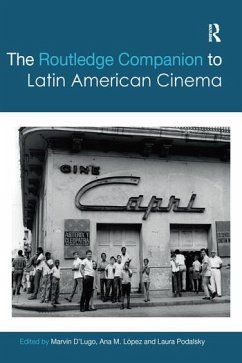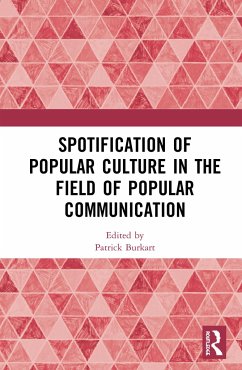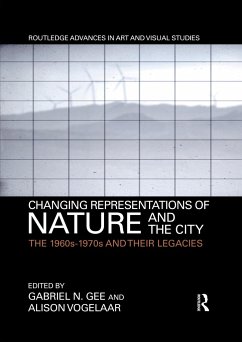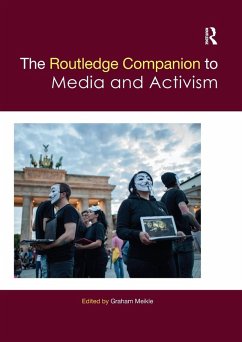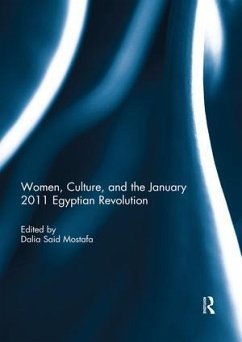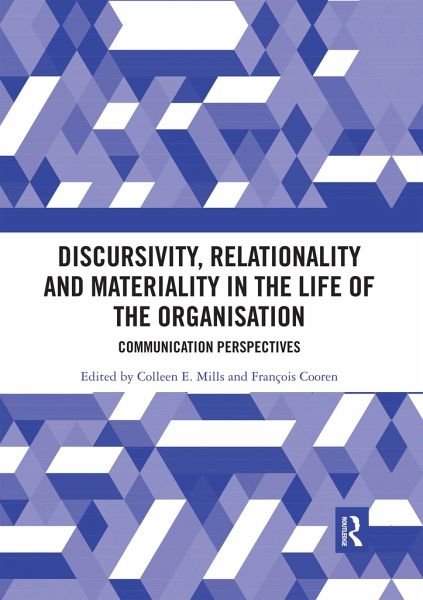
Discursivity, Relationality and Materiality in the Life of the Organisation
Communication Perspectives
Herausgeber: Mills, Colleen E.; Cooren, Francois
Versandkostenfrei!
Versandfertig in 1-2 Wochen
54,99 €
inkl. MwSt.

PAYBACK Punkte
27 °P sammeln!
The field of organisational communication has been rapidly transforming in the wake of the linguistic and discursive turns that have been sweeping across the social sciences since the mid-eighties. These 'turns' have prompted organisational communication scholars to look more closely at how they think about communication and its relationship to the organisation and the process of organizing. What has emerged from these reflections is a perspective that proposes communication is not merely something that happens in organisations but is the heart of organizing and therefore actually constitutes ...
The field of organisational communication has been rapidly transforming in the wake of the linguistic and discursive turns that have been sweeping across the social sciences since the mid-eighties. These 'turns' have prompted organisational communication scholars to look more closely at how they think about communication and its relationship to the organisation and the process of organizing. What has emerged from these reflections is a perspective that proposes communication is not merely something that happens in organisations but is the heart of organizing and therefore actually constitutes the organisation. This perspective, which embraces several sub-threads, is now commonly referred to as the CCO (Communication as Constitutive of Organisation) perspective. This is itself evolving as scholars come to realize that organizing does not just occur at the discursive level. It is inextricably coupled to the material and relational aspects of work - the discourse mutually constitutes relationships between human and non-human bodies that combine to create what we encounter when we participate in organisational life. This book examines the way these three dimensions combine to create organisational outcomes. In doing so, it advances CCO and sociomateriality scholarship and contributes to new ways of thinking about strategy and practice. The series of empirical studies should interest the widely interdisciplinary audience that seeks to understand work, organizing and management. This book was originally published as a special issue of the Communication Research and Practice journal.








